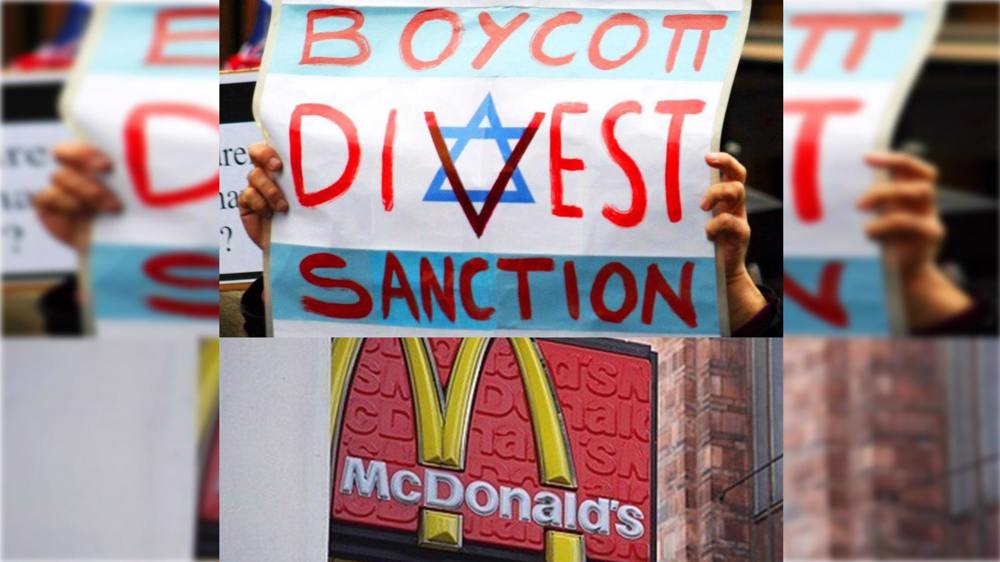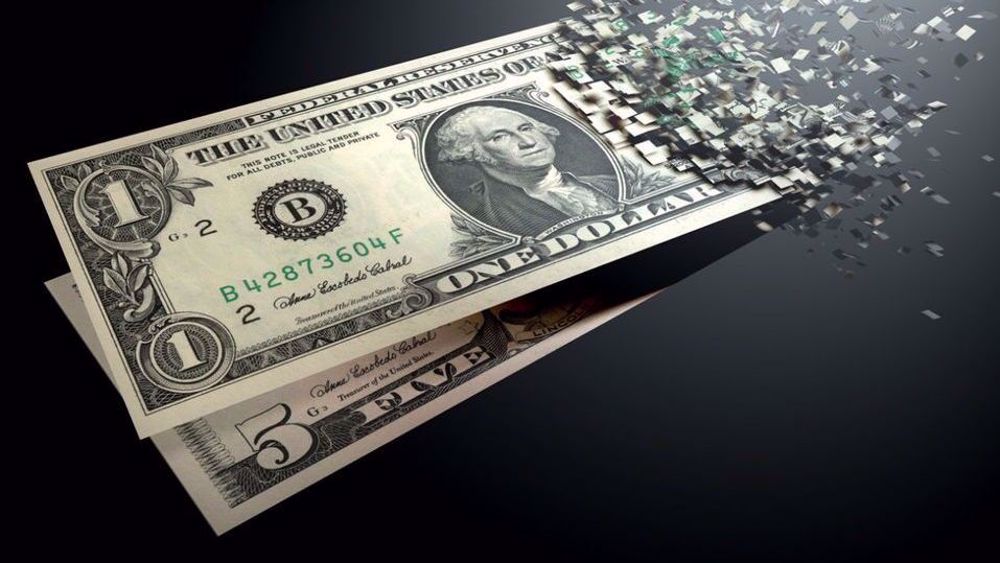Amazon: Not so amazing
Amazon's acquisition of whole foods: some wondered why the e-commerce giant was interested in it in the first place? But it agreed to buy it for $13.7 billion. The acquisition is feared to take the food system a big step in the wrong direction. Paul Hawken, the author of Drawdown said: "We do not know what they are doing. We do know one thing: the retail crash is coming."
Retailers are terrified that Amazon is in the process of ripping their guts out. Experts believe whenever Amazon takes over any consumer area, that gives consumers less choice. A major reason for building local and regional food systems is that they enhance food security and resilience. Sociologist Charles Perrow cautions that without regulation, "we get the concentration not just of economic power but … vulnerabilities in parts of our critical infrastructure, such as the Internet, electric power, transportation, and agriculture."
The clash between capitalism and the public good is now in full swing; and the conflict between profit motives and access to basic life supports like food has never been so worrisome.
Many people know Amazon.com through its easy and affordable services it provides at the click of a button. But this tech giant has more distinguishing features.Amazon is a company reportedly difficult to work for: punishing hours, rough conditions, unmanageable demands, and endless stress. Amazon actively opposes labor unions. Those who have likely suffered most are its temporary employees in its warehouses and distribution centers.
It uses cutthroat tactic to beat off competition, while pushing down wages then prices. This tactic, known as predatory pricing, has put independent retailers including bookstores out of business.Some researchers offer interesting analysis about how Amazon relies on local tax subsidies to fuel its growth. The company has gotten at least $613 million in subsidies since 2005. Amazon has regularly hit the headlines in recent years for paying low levels of corporation tax. It avoided paying most states’ sales taxes for years on all the billions of books it sold online. That gave Jeff Bezos a 6 to 9 percent price advantage over brick-and-mortar bookstores. That and other forms of tax avoidance gave Jeff Bezos a crucial foothold in the country's economy.
VIDEO | Press TV's news headlines
France fails to ban anti-Islamophobia protests
In Numbers: 200 days of Israeli genocidal war against Palestinians in Gaza
Death toll mounts in Gaza as Israeli genocidal war marks 200 days
Hamas dismisses US accusation of obstructing ceasefire in Gaza
Gaza solidarity protests sweep US universities despite police crackdown
Tension flares in India after Modi's anti-Muslim hate speech amid elections
Iran, Pakistan to bring peace, stability to region through cooperation: Raeisi









 This makes it easy to access the Press TV website
This makes it easy to access the Press TV website